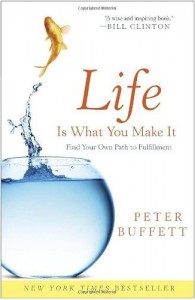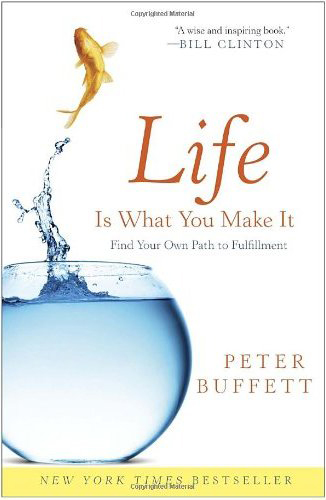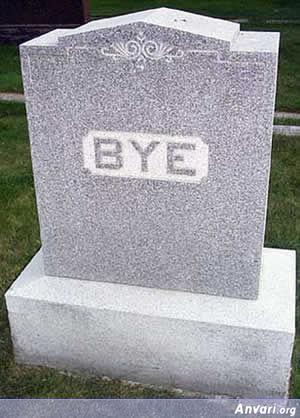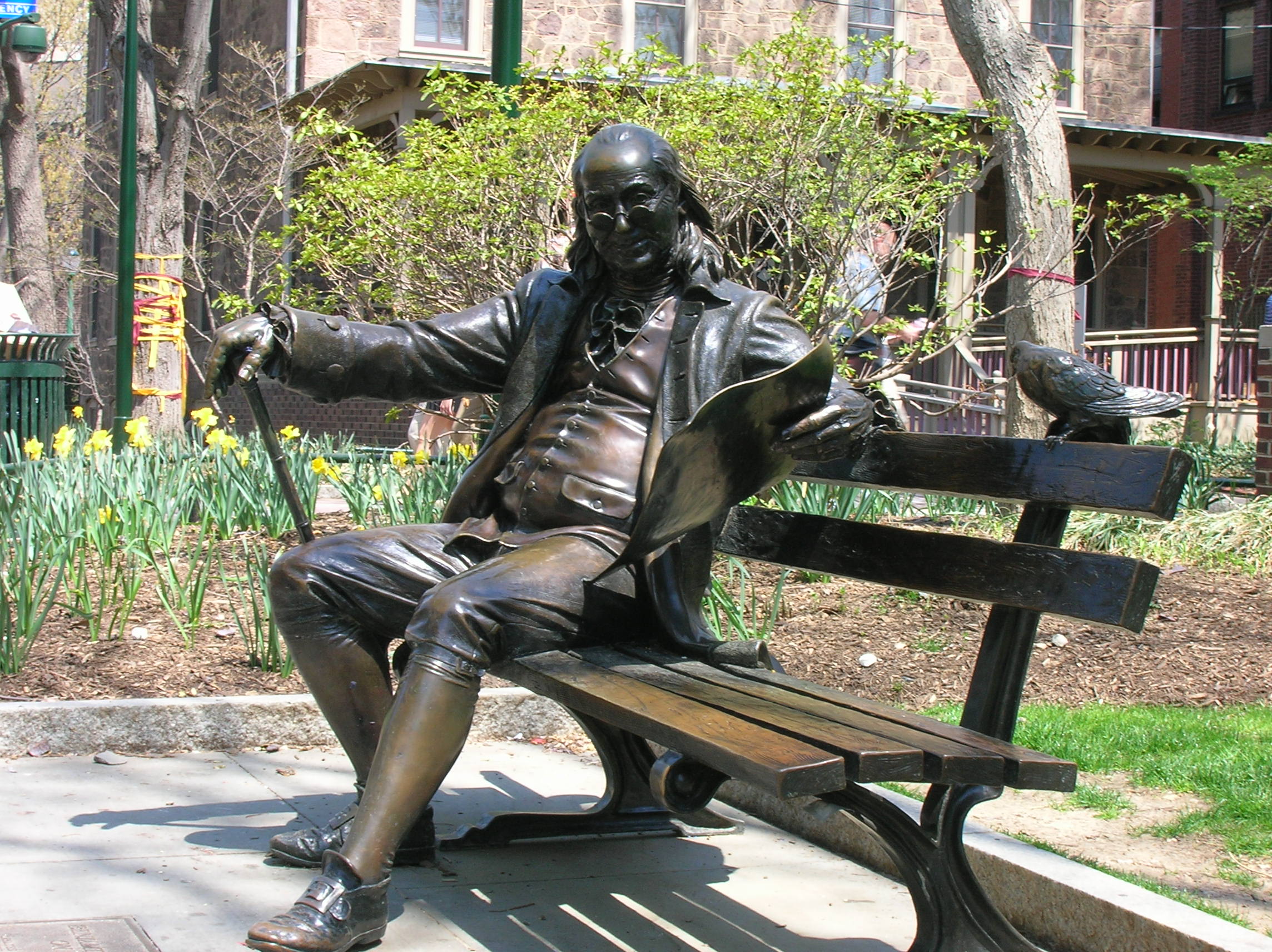by J. Michael DeAngelis, Information Resources Manager
September marked the start of a new school year, which is always a booming time in the Career Services library. We’ve been adding titles to our collection every week this month, on subjects ranging from cover letter writing to graduate studies in Europe. Here’s a look at just three of the most interesting new additions.
 Life is What You Make of It by Peter Buffet. Buffett, son of the much-in-the-news Warren Buffett, and an accomplished composer, penned this New York Times Best Seller about forging your own path in life.
Life is What You Make of It by Peter Buffet. Buffett, son of the much-in-the-news Warren Buffett, and an accomplished composer, penned this New York Times Best Seller about forging your own path in life.
This is a good, quick read for students who are at the start of their career decision making journey. Without pretension, the author suggests ways of determining your purpose and seizing oppertunities.
Endorsed by such luminaries as Bono, Bill Gates and Bill Clinton, the book focuses on staying true to yourself and holding on to your values over economic prosperity – specifically making money just for money’s sake.
Alumni thinking about making career path changes will also find this, and other titles we have on the subject, helpful. You can find it in the Career Decision Making section of our library.
The 12th Guide to German Biotech Companies compiled by BIO Deutschland and the Eurpopean Biotechnology Foundation. This extremely unique (and extremely specific) book was recently donated to the Career Services Library by a student who interned in Germany this past summer. This beautifully put together edition is a directory of every major biotech firm in Germany, complete with contact information and in-depth company profiles. If you are interested in working in either biotech or pharmaceuticals on the international level, this guide is a great jumping off point. Written in English, with the American job-seeker in mind. Located in the International section of our library, with other books on working in Europe.
![]() Cracking the New GRE 2012 by The Princeton Review. This guide is just one of four new GRE study guides we have purchased for the 2011-2012 school year. As recently noted by our own Peter Stokes in his blog, the GRE completely changed its format starting in August of this year. All of the guides in the library contain tips and practice tests to help you prepare for the new exam. The Princeton Review edition also came with an informative DVD, which you can watch in our library on your laptop or at our video computer station. Students interested in watching the DVD much make arrangements by sending an e-mail to Carol Hagan. This book, as well all of our GRE study guides and practice tests, can be found in the Graduate Study section of the Career Services library.
Cracking the New GRE 2012 by The Princeton Review. This guide is just one of four new GRE study guides we have purchased for the 2011-2012 school year. As recently noted by our own Peter Stokes in his blog, the GRE completely changed its format starting in August of this year. All of the guides in the library contain tips and practice tests to help you prepare for the new exam. The Princeton Review edition also came with an informative DVD, which you can watch in our library on your laptop or at our video computer station. Students interested in watching the DVD much make arrangements by sending an e-mail to Carol Hagan. This book, as well all of our GRE study guides and practice tests, can be found in the Graduate Study section of the Career Services library.
Remember, the Career Services library is for reference only. Books may not be checked out, but we invite you to spend time in our comfortable reading room. Photocopying is available. The Career Services library has extended hours during the school year: Monday-Wednesday, 9am-6pm and Thursday-Friday, 9am-5pm.






